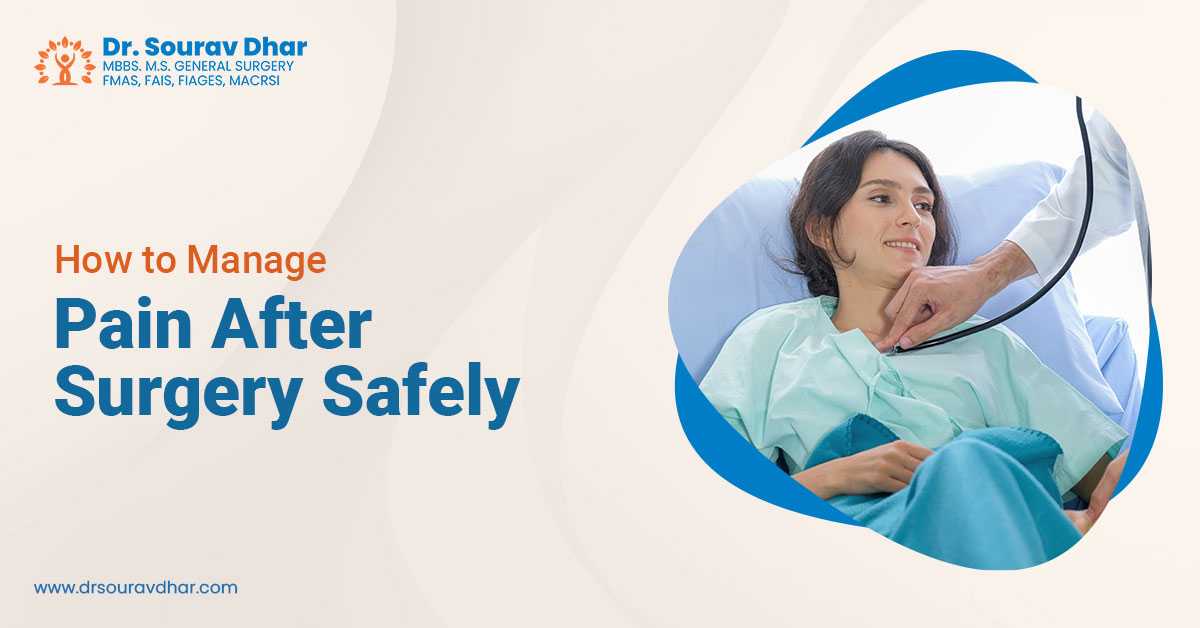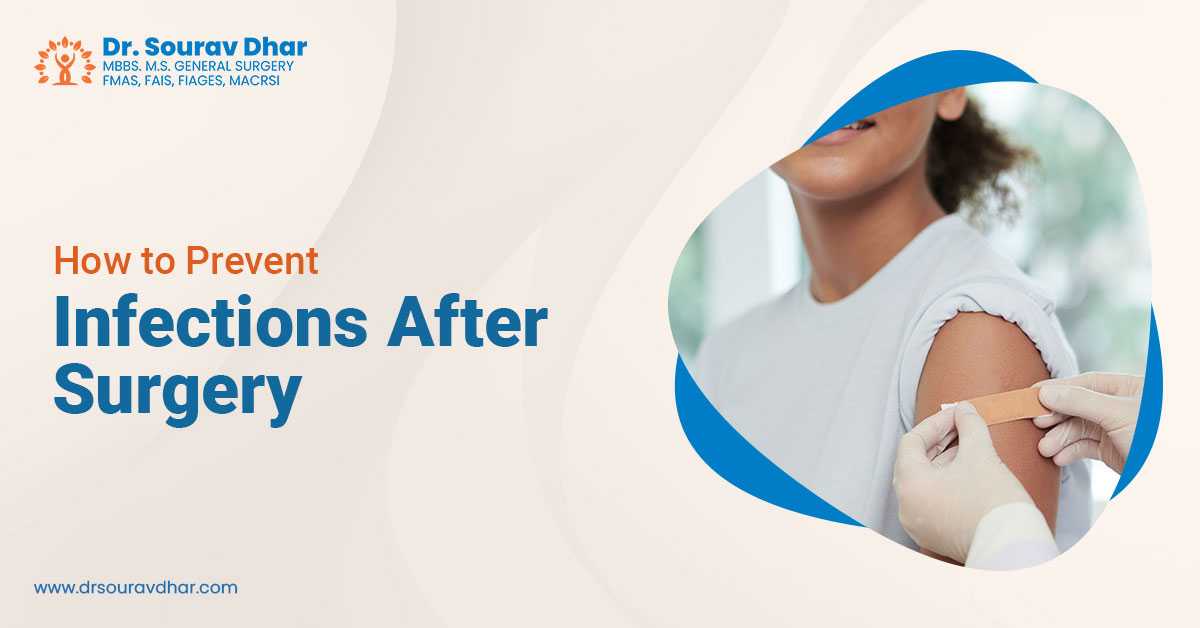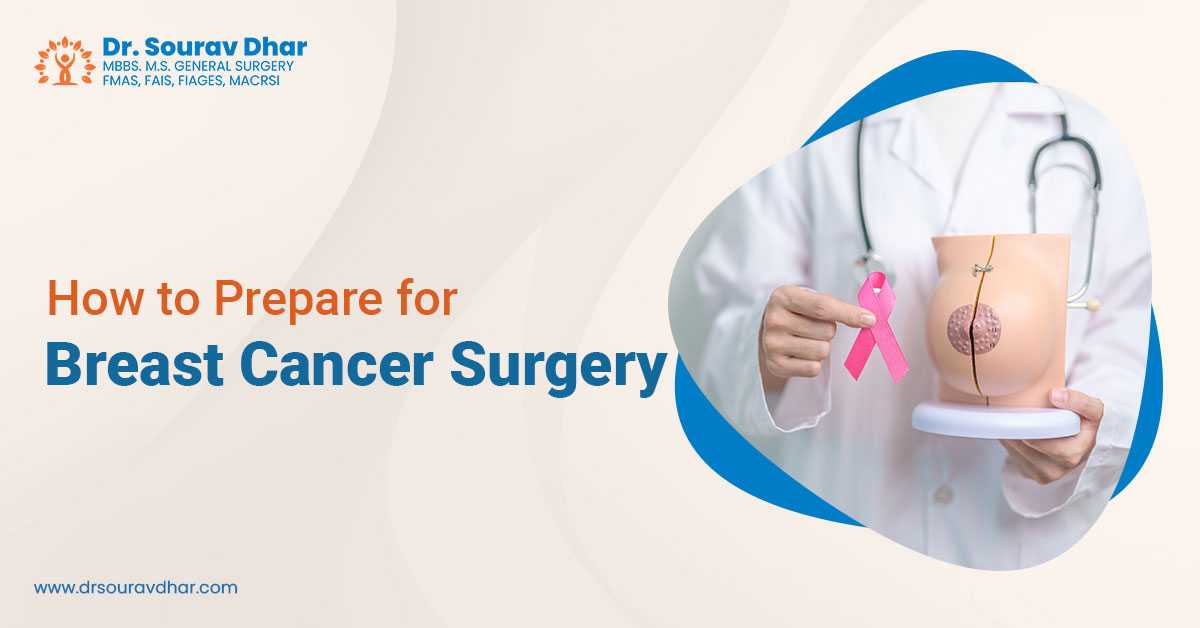Peripheral vascular disease is a progressive disorder that mainly affects the blood vessels. It often blocks or narrows down the blood vessels which restricts the normal blood flow required for healthy functioning. Any injury or irregular anatomy of the ligaments or muscles is found to be the main cause of this disease. Varicose veins are a common type of peripheral vascular disease that can lead to distressing symptoms. You need to get specialized treatment for varicose veins in Siliguri to sustain normal functioning.
Apart from varicose veins, there are other types of peripheral vascular disease such as chronic venous insufficiency, deep vein thrombosis, peripheral venous disease, and aortic aneurysm. All of these conditions can decrease your life quality but there are various treatment options available that can improve your condition in no time.
Common Signs And Symptoms Of Peripheral Vascular Disease
During the early stages of peripheral vascular disease, you may not experience any serious symptoms. In most cases, the symptoms start surfacing in severe and advanced stages, where the signs also highly depend on the part of the body that is experiencing blood depreciation. Herein, some of the most common symptoms include excessive pain while exercising, intermittent pain like muscle fatigue and cramps, and numbness.
Additionally, certain people may also experience changes in skin colour along with wounds that are not healing properly. You must know that muscle weakness is also another probable sign of the disease where you may also feel a sensation of coldness in the affected areas. If you see any visible veins in the ankles, legs, or feet that are red or blue in color then you must contact a varicose veins treatment doctor in Siliguri urgently.
Learn About The Risk Factors Of Peripheral Vascular Disease
To understand whether you’re at risk of developing peripheral vascular disease or not, you need to learn about the varied risk factors associated with the condition.
1. Family history- If you have a family history of blood vessel diseases, heart disease, and stroke then you have a higher likelihood of developing the disorder. This is because of certain genetic factors that increase the chance of the disorder while making it worse as well.
2. Advanced age- Postmenopausal women and men over 50 years have an increased risk of Peripheral vascular disease. As you age, the arteries become inflamed due to the increased build-up of cholesterol and restricted blood flow which is mainly associated with the disorder.
3. Smoking habits- People who have smoking habits have the risk of developing the disorder. Some of the common reasons associated with this elevated risk are plaque build-up, blood vessel damage, and reduced blood flow due to cigarette smoking.
4. Diabetes- Diabetes is one of the most important factors that can cause peripheral vascular disease. This mainly happens due to blood vessel damage which also makes it difficult to heal the wounds properly.
5. High cholesterol and blood pressure- There are various underlying medical conditions that can lead to peripheral vascular disease. Some such conditions include high blood pressure and cholesterol. Controlling the levels of these conditions will also reduce the risk of peripheral vascular disease.
6. Overweight- If you’re overweight then you have higher chances of experiencing inflammation, diabetes, and hypertension. All of these conditions can contribute to peripheral vascular disease. Herein, you must avoid a sedentary lifestyle which will improve your overall condition.
7. History of cardiovascular diseases- Both cardiovascular and peripheral vascular diseases are related. If you have a history of cardiac issues then you also have a higher likelihood of developing the other condition. Some such cardiac issues associated with peripheral vascular disease are stroke and heart attack.
Even if you’re at risk of suffering from peripheral vascular disease, you can control the risk factors through smoking cessation, regular exercise, and good nutrition. You can also consider getting proper treatment for varicose veins in Siliguri to alleviate the distressing symptoms. Angioplasty, surgery, and medications are available that can manage your condition.




